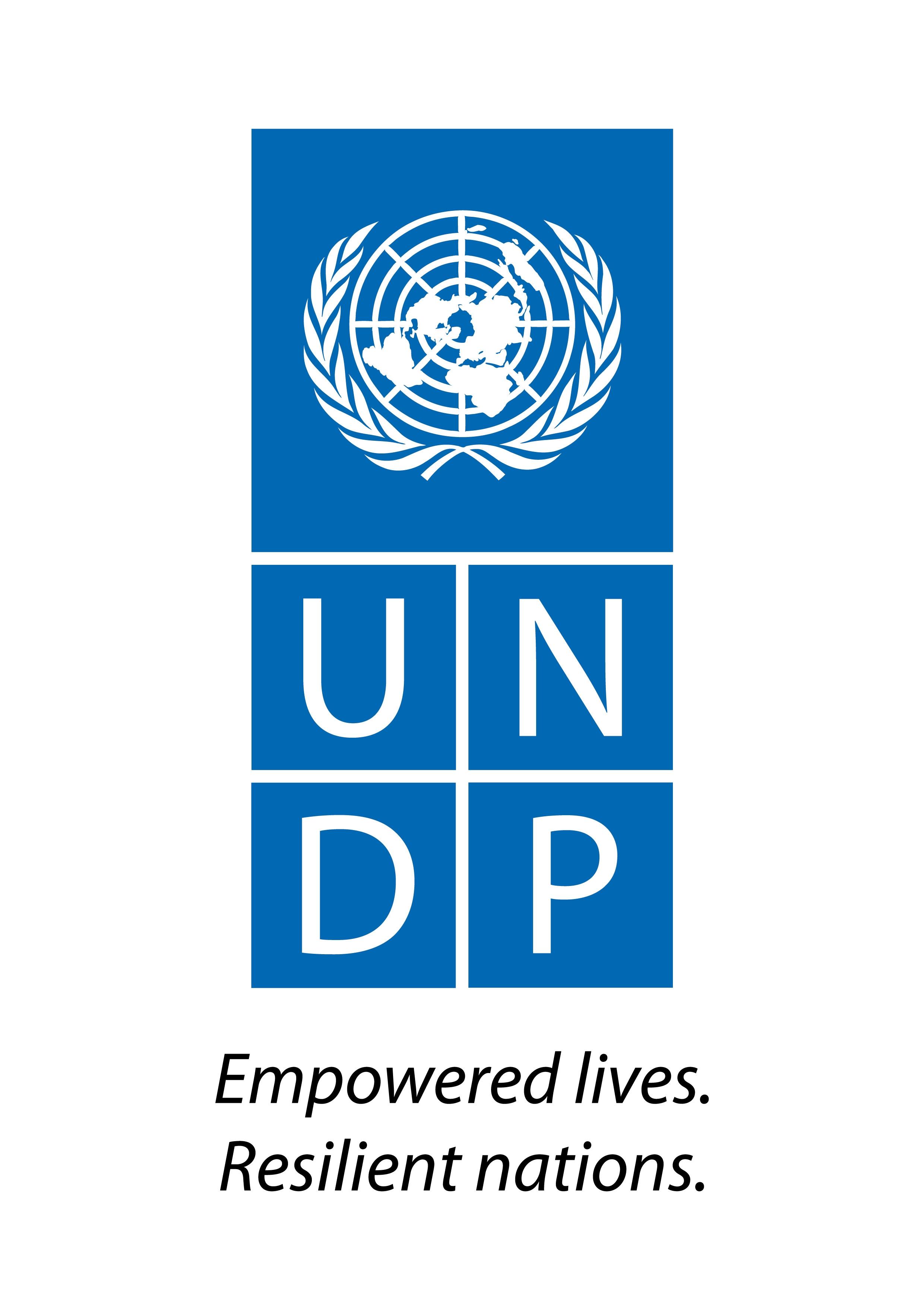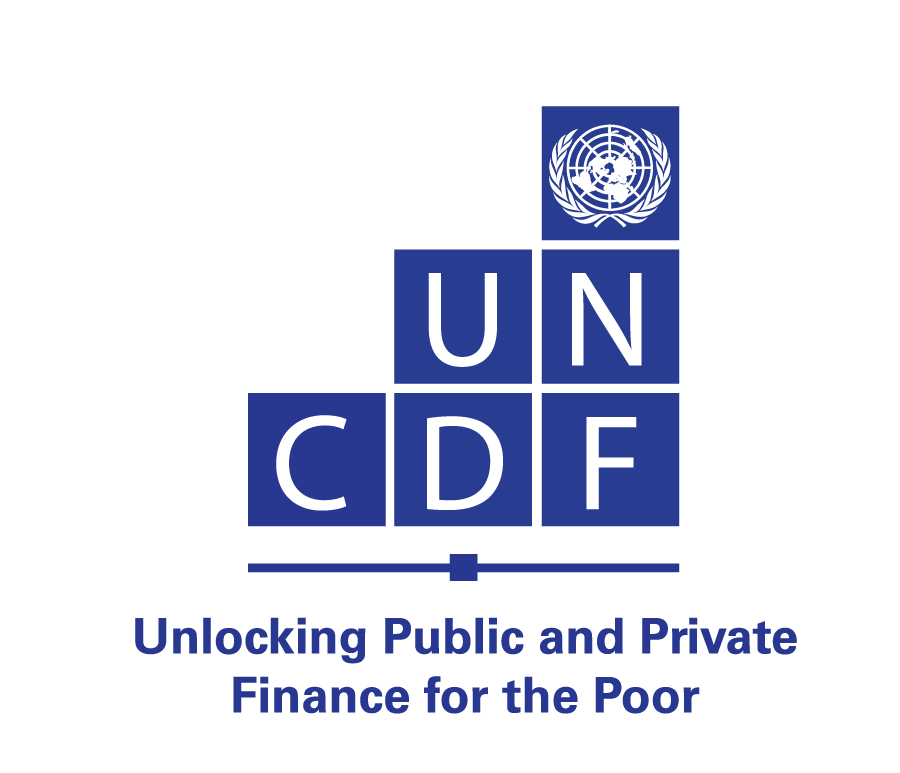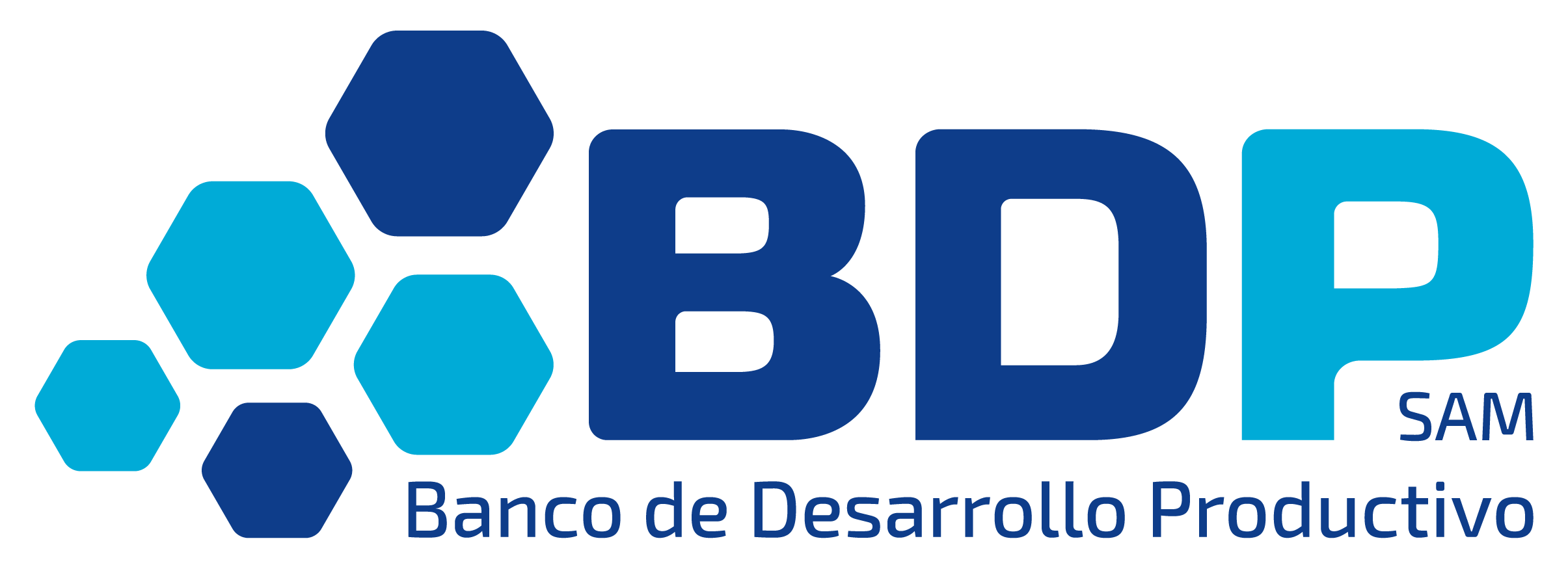Green and social investments for sustainable development and COVID-19 recovery in Bolivia.
Financials
Progress in funding
Total requested (USD)
Allocated by Joint SDG Fund (USD)
Co-Funding (USD)
Total Funding (USD)
Leverage Target (USD)
Results�
The completed preparatory phase centered on the design and refinement of the financial mechanisms and of the related partnerhsips.
The programme�
Why
Bolivia depends on a large informal sector, which employs about 80% of the country's labour force. As a result many Bolivians have limited access to formal employment and, in turn, to financial services. The unfavourable dynamic was exacerbated by COVID-19. In parallel, Bolivia suffers from significant natural disasters prompted by climate change, such as glacial melts, droughts, floods, forest fires, and soil erosion. Investments that can increase formal employment and make local communties more resilient to climate change are critical. Bolivia's financial system's weaknesses need to be surpassed with ecosystem-based solutions targeting misaligned incentives and regulations, limited awareness of investment ready pipelines, low digital financial inclusion, and lack of guarantee schemes to allow vulnerable groups to enter the market.
What
The proposal expands access to financing with digital literacy and digital financial services for over 10,000 people. It will also provide tools to hundreds of micro, small, and medium enterprises, allowing them to align their businesses with decent work, environmental, and gender equality goals. A supporting and SDG-aligned small business ecosystem is the envisaged result. Women's empowerment will also increase, with at least 50% of the project's beneficiaries being women.
How
To catalyze the investment critical to recover from COVID-19's impacts, and to improve access to work and environmental protection, a comprehensive suite of financial instruments is proposed. These instruments include: two impact funds of over US$ 200 million together contributing to multiple SDGs, a US$ 500 million sustainable bond issued by the Productive Development Bank, a guarantee fund to de-risk new credit operations to individuals or MSEs, a reimbursable grants and venture capital fund, and a US$ 3.3 million technical assistance facility.
Financial instruments�
The US$ 2.5 million Guarantee Fund with a 25% guarantee of securities issuance can catalyze over US$ 10 million to individuals or MSEs that carry out economic, environmental, gender and social operations related to the SDGs, restructuring of financial liabilities and/or strengthening equity. The guarantee scheme has the potential to reach 2,000 MSEs working on 3 key sectors: community banking for women, micro and small agriculture and livestock in rural, areas and infrastructure with a particular focus on social housing.
A US$ 500 million fund for Sustainable Bond with seeks to catalyze non-conventional financing in renewable energy, energy efficiency, sustainable management of natural resources and land use, clean transportation, sustainable building, adaptation to climate change, affordable basic infrastructure, access to basic services, affordable housing, job creation and food security with impact on 2,250 people in the housing sector and 5,000 MSEs in other productive sectors.
UN Implementers




Partners



Energy and climate action
|
Funded
|
Pipeline
|
Incubated
|
|---|---|---|
|
|
Energy accounts for two-thirds of total greenhouse gas, being the main contributor to emissions production. Despite 70% of clean energy investments are privately financed worldwide, in accordance to a special report developed by energy investments on clean energy in developing economies needs to expand by more than seven times, to above US$ 1 trillion, to put the world on track to reach net-zero emissions by 2050. Catalytic grants from the Joint SDG Fund are a critical bound to development finance institutions lending and attract private capital injections. Our portfolio brings financial solutions that span from lending and impact investing to insurance and smart subsidies. It aims to attract private investment to markets and sectors at early stages of readiness – or in situations where the risks are hard to mitigate, such as energy access projects for vulnerable communities or in remote areas.
Blue Economy
|
Funded
|
Pipeline
|
Incubated
|
|---|---|---|
|
|
The monetary value of the world’s oceans has been estimated at US$ 24 trillion by the World Wide Fund for Nature. This wealth is at risk because overfishing, pollution and climate change put an unprecedented strain upon marine ecosystems. Oceans are getting warmer, stormier and more acidic, impacting the health of sensitive marine ecosystems and the lives of human communities that rely on them. Ocean reefs, the home of the planet’s most diverse ecosystem, contribute to the livelihoods of at least 500 million people worldwide generating US$ 36 billion per year for the global tourism industry. Our programmes and pipeline in the blue economy space bring financing solutions that are adapted to the needs of island nations and coastal communities to preserve marine resources and coral reefs while offering income opportunities to coastal populations. They support scalable blue economy businesses, through equity and debt finance, risk guarantees, performance grants, incubation and technical assistance, to build resilience in coastal ecosystems and create jobs not only to allow us to save our planet, but also to build more resilient economies.
Food systems and agriculture
Poverty is deeply intertwined with successes or failures in agriculture and food security, with the majority of the rural poor depending on agriculture and natural resources for their livelihoods. Recent estimates from FAO show that nearly 10% of the world population is still undernourished. The impacts of climate change, conflicts and Covid-19 pandemic take an even higher toll - resulting in an estimated 118 million more people suffering from hunger and one in three people not having access to adequate food in 2020. On the other hand, the ecological footprint of the global food system continues to grow in terms of energy, resource use, and the contribution to greenhouse gas emissions. To address these issues, the traditional approach to food policy must be reoriented towards food-system-wide approaches that provide incentives for investments in inclusive and sustainable development of food systems and for steering consumer behavior and food preferences toward healthier and more sustainable diets. Investments in food system innovations are key in driving change towards more a more sustainable and food secure future. Our programmes and pipeline in this area include solutions financial solutions that include microcredit and microinsurance, downscaling schemes from multilateral development banks, and a variety of blended finance facilities supporting agricultural supply chains, smallholder farmers, rural development, nutrition, and sustainable farming transitions. repurpose finance to support sustainable and resilient food systems, reduce finance that is destroying/degrading food systems, optimize finance to mobilize investment and increase access, and scale up public and private finance flowing to healthier diets. Examples include blended finance facilities, de-risking and collateral support mechanisms, sovereign and impacts bonds, business incubators, among others.
Social Impact
Leave no one behind (LNOB) is the central, transformative promise of the 2030 Agenda for Sustainable Development. LNOB not only requires the elimination of social practices that leave particular groups of people further and further behind, but it also demands equal access to basic services, resources and opportunities for all. This will come at a cost. Achieving LNOB will require significantly more financing than is currently invested in human and sustainable development, and for these funds to be channeled towards improving the lives of those who are furthest away from reaching SDG targets. Focusing on the social sectors, the Overseas Development Institute estimates that global financing requirements for education, healthcare, and social protection transfers alone amount to US$ 137 billion annually in low-income countries. While these sectors require large investments to make the required transition, they often rely on public funds. These are rarely the sectors that private funds invest in, as their objective is to earn a return that is higher than the initial investment, no matter how minimal. Therefore, our programmes and solutions focusing on LNOB innovate the way we finance and address these barriers and close the financing gap, by offering viability gap financing, early stage capital investments, de-risking mechanisms, smart subsidies, and technical assistance to empower people and early stage enterprises driving impact in key social sectors.
